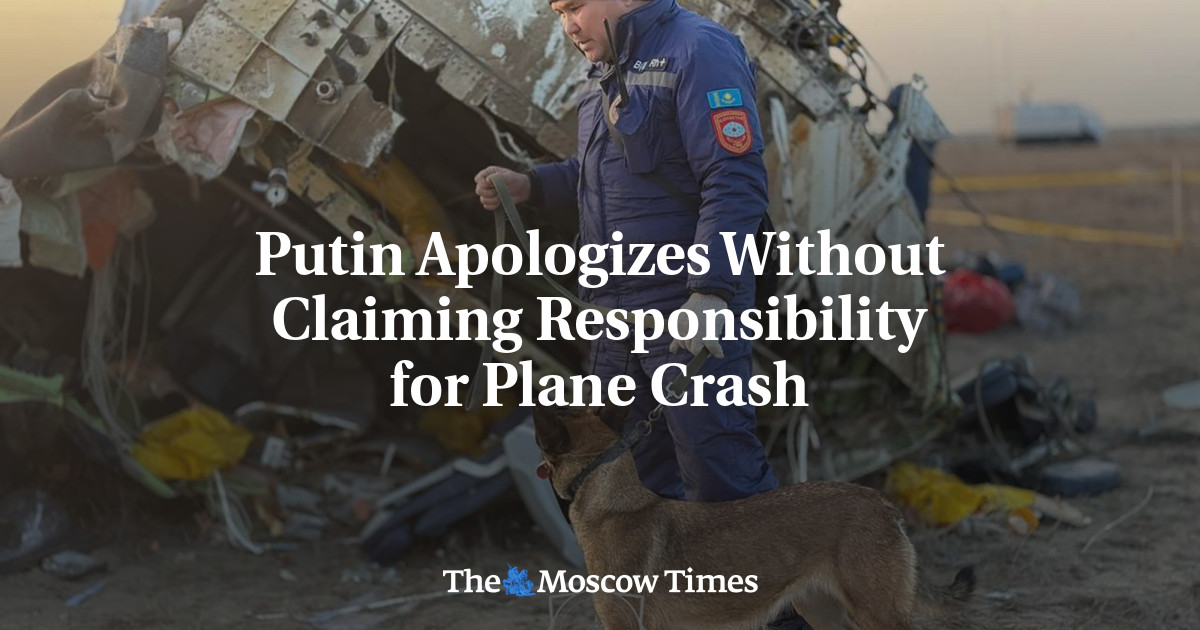Ukraine's military spy chief Kyrylo Budanov said in an interview published Friday that Kyiv's attacks against Russian-annexed Crimea were set to intensify, adding that Moscow's economy was proving surprisingly resilient despite sanctions.
"In 2023, the first Ukrainian incursions took place in temporarily occupied Crimea," Budanov told the French daily Le Monde, adding: "And this is just the beginning."
Ukraine has repeatedly targeted Russia's Black Sea Fleet, based in Sevastopol on the Crimean peninsula.
"The Russians have had to move everything in a hurry to the southeast," Budanov said, adding that Moscow was now trying to set up a naval base on the Black Sea coast of the breakaway Georgian region of Abkhazia.
He acknowledged that the front lines were largely frozen in Ukraine.
"The very intensive use of attack drones has made both Russian and Ukrainian offensives impossible," he said, noting that "another factor has been the density of minefields, unprecedented since World War II."
Budanov said the resilience of the Russian economy surprised him and that the current Western sanctions were not enough to force the Kremlin to change its behavior.
"A certain Russian paradox surprised me. Everyone thought that Moscow had a strong army and a weak economy. It turns out that the opposite is true," he said.
"The economy may be weak, but the country is not starving, far from it. It could even last quite a long time at this rate," Budanov said, adding that sanctions should target Russia's main economic sectors and the entire financial system.
Signs of fatigue over the war in Ukraine might be increasing but Budanov urged the West to keep supporting Kyiv militarily.
"Those who think they are tired of Ukraine abroad will have to court Russians when they come to occupy their own territories," he said.
Budanov, who has led Ukraine's GUR military intelligence unit since 2020, accurately predicted that Russia would attack Ukraine on February 24, 2022.
He insisted that now was not the right time to negotiate with Russia.
"Negotiations begin when one or both parties have an interest," he said. "This is not the case."
 (1).png)
 11 months ago
14
11 months ago
14













